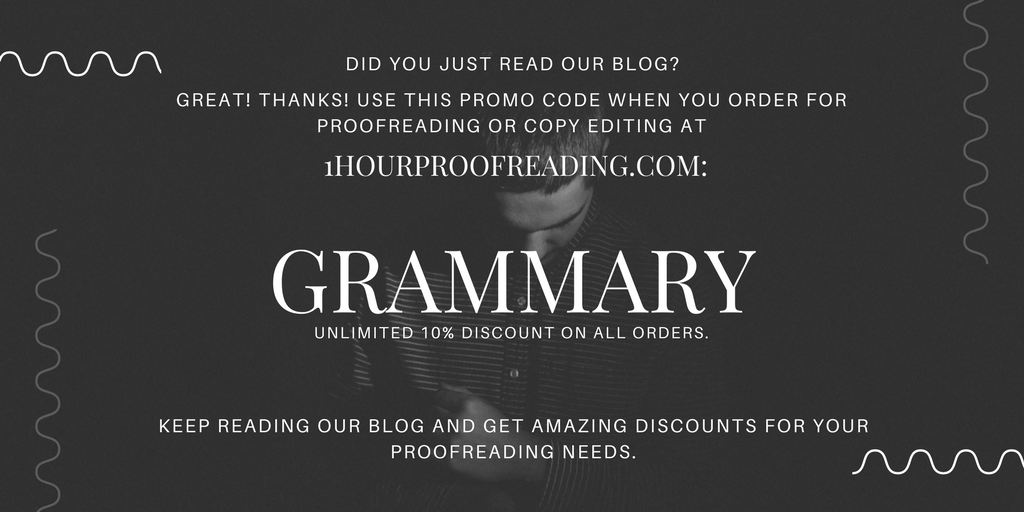What Brexit Means for the Publishing Industry
Posted on Jun 29, 2016
British voters on June 23 made the historic decision to leave the European Union in a once-in-a-lifetime vote. It’s a choice that has made its mark not just on Britain but also on the entire European continent and the rest of the world.

While it’s too early to assess the full impact of Brexit, the vote to leave has come as a shock for the UK publishing industry. Twitter reactions from various authors and leading figures in the book trade have come in an outpour of grief, shock, and regret. Literary agent Johnny Geller expressed that there was no need to read a dystopian thriller anymore. J. K. Rowling lamented the breakup of the UK in a couple of tweets, particularly the possibility of Scotland’s bid for independence. YA author Malorie Blackman expressed the same reaction after tweeting that the “days of a ‘United’ Kingdom are now numbered.”
The sad reactions reflect the survey results of The Bookseller. According to its editor Philip Jones, the publishing industry voted firmly in favor of “Remain” as early as February of this year. Even on the days leading to the EU referendum, the results showed majority of the industry advocated for Remain at 78%. It comes as no surprise that many of them condemn the aftermath.
Several leading figures in the industry have already made their predictions on the effect of the Brexit decision on the book business in the UK.
Anthony Forbes Watson, managing director of Pan MacMillan, cautioned that the publishing sway that the UK has over European rights can be weakened once the open market agreements have been reduced, which can give publishing giants from the US a chance to dominate the European publishing industry. This means that US publishers will likely push for US editions to be distributed in Europe instead of the status quo of leaving the territory to the UK publishers.
Similarly, Watsons added that any reforms passed by the EU on copyright, VAT, and e-commerce will no longer affect the UK. Last but not the very least, consumption of books might dwindle as the value of the UK pound and the UK economy may be adversely affected in the long run. Import materials for book publication will have increased prices as well.
Jones acknowledged that the infrastructure of the entire book business in the UK will be scrutinized, including differences in copyright laws between the UK and the EU and the rules in applying the VAT, as there will be a distinction again between the European territory and the UK. Science publishing can also be affected in the UK since most of the investment in science comes from Europe.
But not all is doom and gloom, as there are still plenty of opportunities in the Brexit aftermath. While the pound’s value is an immediate concern for everyone, it might benefit the exports of the book trade. Richard Charkins, Bloomsbury’s executive director, pointed out that UK publishers are net exporters.
Diane Banks, founder of Diane Banks Associates Literary and Talent Agency, questioned whether the UK can reach its full export potential as a member of the EU. According to recent figures from the Publishers Association, 45% of UK exports are brought to the EU. She noted that in a world where English dominates as the international language of business, majority of the exports in the book trade are sent to the EU whereas most of the region does not use English on a day-to-day basis. One has to question whether the UK is reaching its full export potential. Finally, Banks observed that the UK’s ability to set its own sales tax for VAT instead of going by the prescribed rates of the EU is a positive thing as UK publishers will have more flexibility.
Regardless of the consequences of Brexit, Jones urged the publishing industry to continue to push for a leading and defining role in the future of the country. The industry should aim to be broader and to have a wider audience and for authors to be protected and empowered.
One thing remains clear: no matter the outcome, the industry will continue to adapt to a post-Brexit future.
Sources:
Disclaimer: Image is not ours. Credit to the owner.
About 1-Hour Proofreading
1-Hour Proofreading is a growing start-up offering fast and efficient editing services at a reasonable price with the assurance that the document is publication-ready the soonest you need it. Its team of highly competent professional editors is committed to helping those in need of quality editing services while facing tough deadlines.
Visit 1hourproofreading.com for more details.
Follow us:
Back to Grammary



